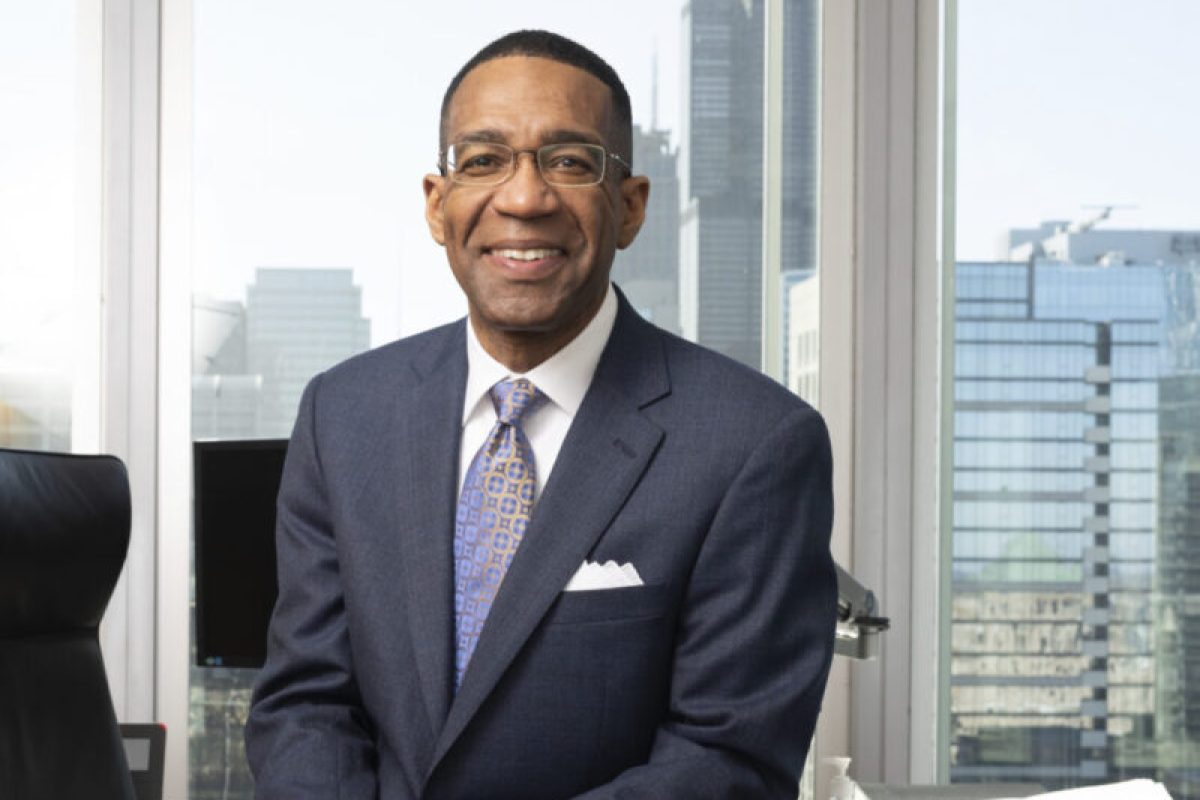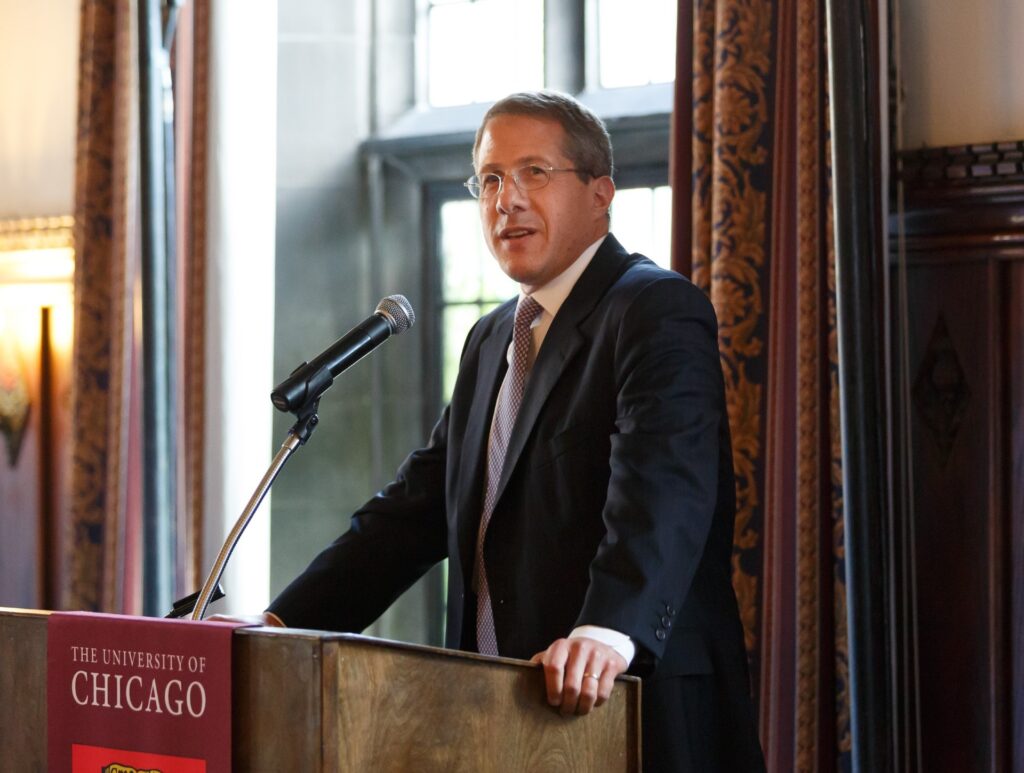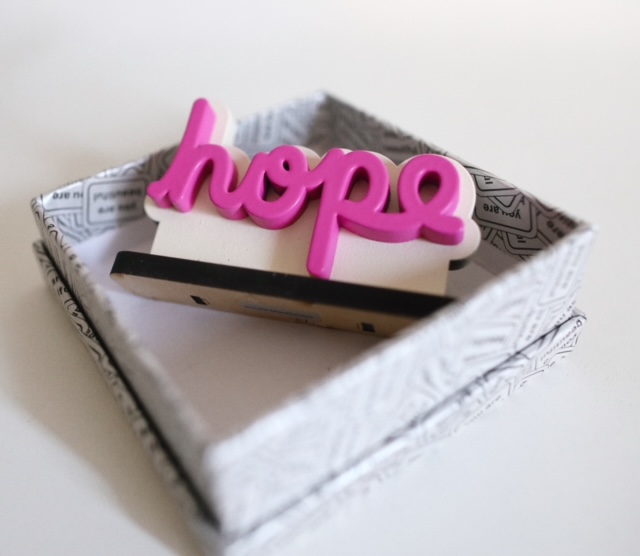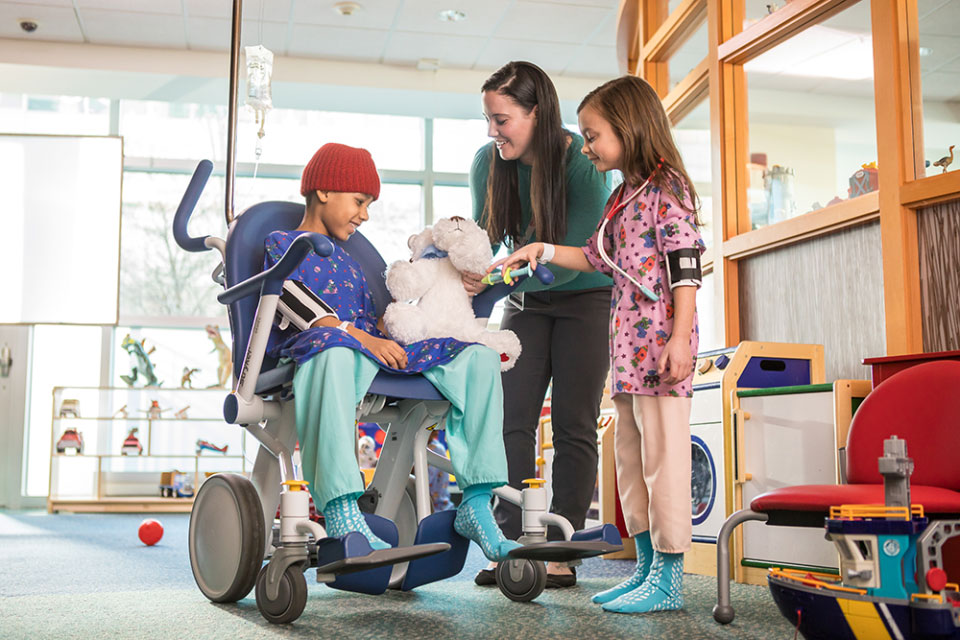Barry E. Fields is a trial lawyer and partner with Kirkland & Ellis LLP, and serves as a University of Chicago Medical Center and UChicago trustee. He and his wife, Kimberly, support research led by Professor of Pediatrics Susan Cohn, M.D., seeking to identify potential new approaches and treatments for neuroblastoma, a rare neurological cancer mainly affecting very young children.
What made you decide to donate to neuroblastoma research at Comer Children’s?
While cancer is a troubling and sometimes tragic disease for an adult, it just seems even more tragic for a child because he or she is just beginning the path to full potential. It is very important, to the extent we can, to discover how to cure those cancers and create therapies that will relieve any suffering that children might experience. Physician-scientists can play a key role in these efforts.
What are your thoughts on the progress that researchers at Comer Children’s are making towards achieving a deeper understanding of the genetic and biological causes of neuroblastoma?
Thus far, the research has been very promising. The research team originally hypothesized they could identify biomarkers that would provide information on how neuroblastomas were progressing in patients. The research has largely confirmed the hypotheses. Equally important, it has led to additional research designed to help physician-scientists better understand how various prescribed therapies and treatments are affecting neuroblastomas in children.
Is there anything that you’ve learned so far that surprised you?
I was surprised by the rapid pace at which research efforts led to additional funding from the National Institutes of Health for a member of the research team. It truly demonstrates how support from one or two individuals can serve as a catalyst for promising research that might lead to major breakthroughs in the cure and treatment of diseases.
As a donor, what do you hope the impact of your philanthropy will be?
Philanthropy is really an investment—sometime a seed investment. When someone invests in a company, the person is, well, thinking about what future financial return that company might generate. In philanthropy, we also should be focused on achieving positive future returns. Those returns are not necessarily financial in nature, but they are still extremely important. For example, those “positive returns” might be a cure for a disease or in increase in the ability to detect a disease earlier or an increase in positive outcomes for patients or a decrease in the level of patient suffering. I just hope my philanthropy will play at least a small role in improving the health, education, and welfare of future generations.
As a University of Chicago Medical Center trustee, what excites you about UChicago Medicine’s impact today and in the future? Of course, I am excited about the quality of care the UChicago Medicine system provides to patients today—and has provided patients in the past. What’s even more exciting is the collaborative research now underway at the UChicago Medicine. That research is not only focused on improving outcomes for current patients; it is focused on identifying therapies and treatments for individuals who will be patients five or ten years from now—whether it’s for cancer or other diseases.




